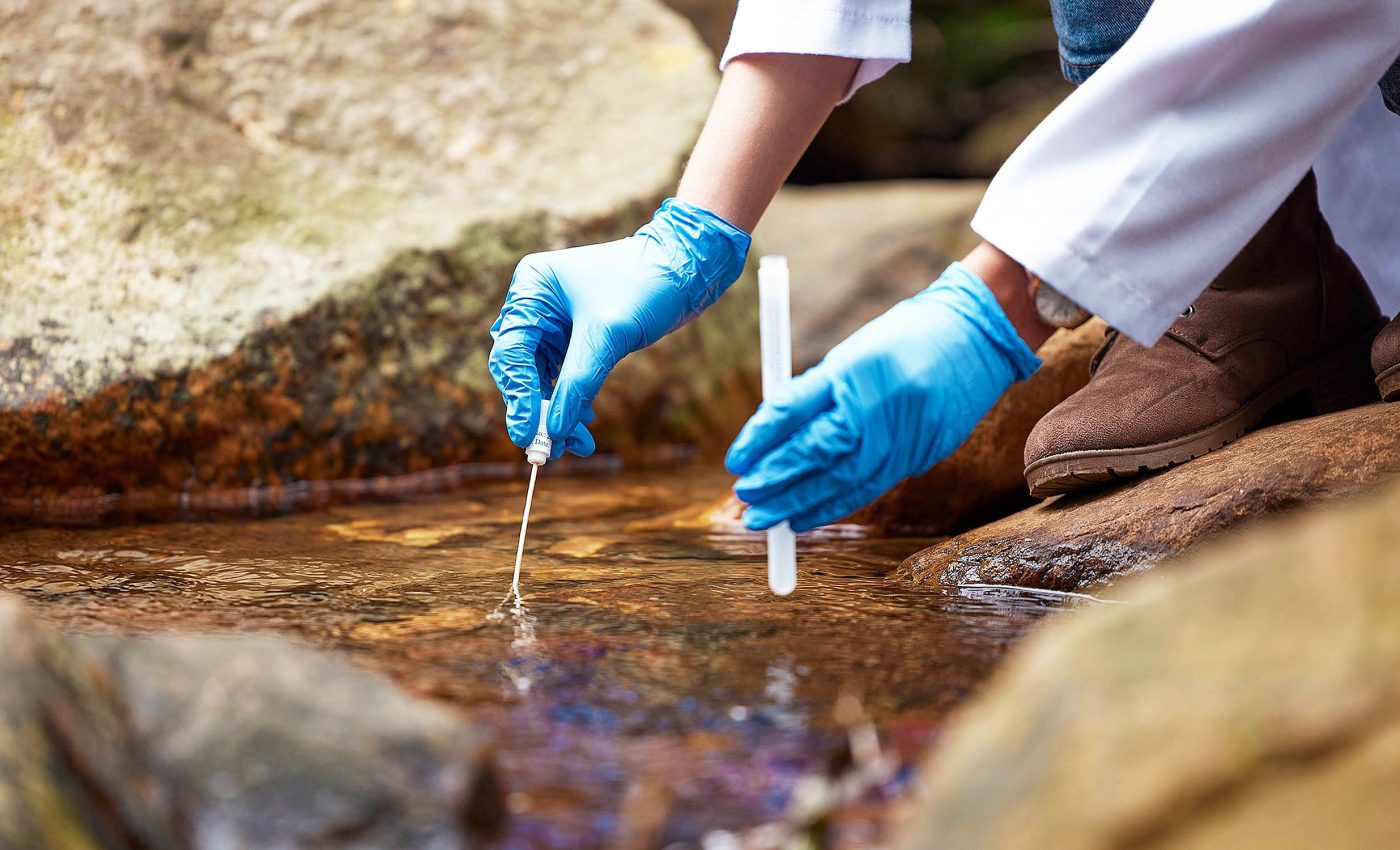
Antidepressant pollution in water bodies is severely depressing fish populations
In the high-tech world of modern science, we’ve discovered planets thousands of light years away, and split atoms into quarks and gluons. But there’s an unseen ripple effect happening much closer to home that’s been nudging its way onto the scientific radar: antidepressant pollution.
Recent studies have revealed that pharmaceutical pollutants, particularly the ones from antidepressants like fluoxetine (Prozac), are playing havoc with fish behavior, reproductive traits and even their life histories.
Pervasiveness of antidepressant pollution
A collaborative investigation has brought forth some worrying evidence against these unseen invaders.
Spanning five years and zeroing in on guppies exposed to fluoxetine, the scientists shed light on the unusual effects of this now prevalent pollutant on aquatic life. The riveting outcomes of their research were published in the Journal of Animal Ecology.
In this era of advanced medicine, pharmaceutical pollutants have become an alarmingly commonplace issue across water bodies across the globe.
Antidepressants, especially fluoxetine, often find their way into our rivers and oceans through wastewater discharge and continue to persist in low concentrations.
The impacts of these alien chemicals on the inhabitants of these water bodies, especially on their behavior and reproductive success, are far from fully understood, until now.
Dr. Upama Aich from the Monash University School of Biological Sciences and Assistant Professor Giovanni Polverino from the University of Tuscia have put their weight and expertise behind this important scientific endeavor.
Impact of antidepressant pollution
“Even at low concentrations, fluoxetine altered the guppies’ body condition and increased the size of their gonopodium, while simultaneously reducing sperm velocity — an essential factor for reproductive success,” Dr. Aich explains.
Apart from the changes to their physical traits, fluoxetine has a debilitating impact on guppies’ behavioral dynamics.
“Fluoxetine exposure also significantly reduced the behavioral plasticity of guppies, leading to a lower capacity of the individuals to adjust their own activity and risk-taking behaviors across contexts,” adds Assistant Professor Giovanni Polverino.
To further unearth the effects of antidepressant pollution, the research team diligently exposed guppies to three environmentally relevant concentrations of fluoxetine over multiple generations.
Following five years of pollutant exposure, the team meticulously tested fish behavior, physical condition, and reproductive health.
Unseen impact
Male guppies, chosen for their heightened sensitivity to environmental shifts, were particularly affected.
The researchers looked at key life-history traits such as body condition, coloration, and gonopodium size, along with critical sperm traits like vitality, number, and velocity.
What they found was quite significant. The antidepressant pollution disrupted the natural correlations between key traits.
For example, the expected connection between activity levels and body conditions or between gonopodium size and sperm vitality was altered.
This means that the pollutants interfere with the natural trade-offs these fishes undergo between survival and reproduction.
Threat to aquatic biodiversity
“The disruption of behavioral plasticity and the altered correlations between critical traits could undermine fish populations’ ability to adapt to environmental challenges, threatening their long-term survival,” warns Professor Bob Wong, senior author of the study.
These findings highlight how important it is to take a broader look at the ecological and evolutionary impacts of pharmaceutical pollution.
As our activities keep adding new pollutants to the environment, it’s essential to understand how they affect wildlife.
This understanding is key to preserving biodiversity and keeping our ecosystems healthy for future generations.
Minimizing antidepressant pollution
This research throws light on how chronic exposure to common antidepressant pollutants like fluoxetine can bring about fundamental changes in traits that fish rely on for survival and reproduction.
Consequently, there’s a clarion call to address pharmaceutical pollution and adopt stricter regulations to shield aquatic life from such threats.
Now that we’ve grasped this issue, let’s think about what we can do—both as individuals and as a community — to prevent or at least reduce the impact of pharmaceutical pollutants on our environment.
How can we make sure our need for medication doesn’t harm the natural world around us? These are tough questions, but they’re important ones that we need to tackle as we move ahead together.
The study is published in the Journal of Animal Ecology.
—–
Like what you read? Subscribe to our newsletter for engaging articles, exclusive content, and the latest updates.
Check us out on EarthSnap, a free app brought to you by Eric Ralls and Earth.com.
—–













